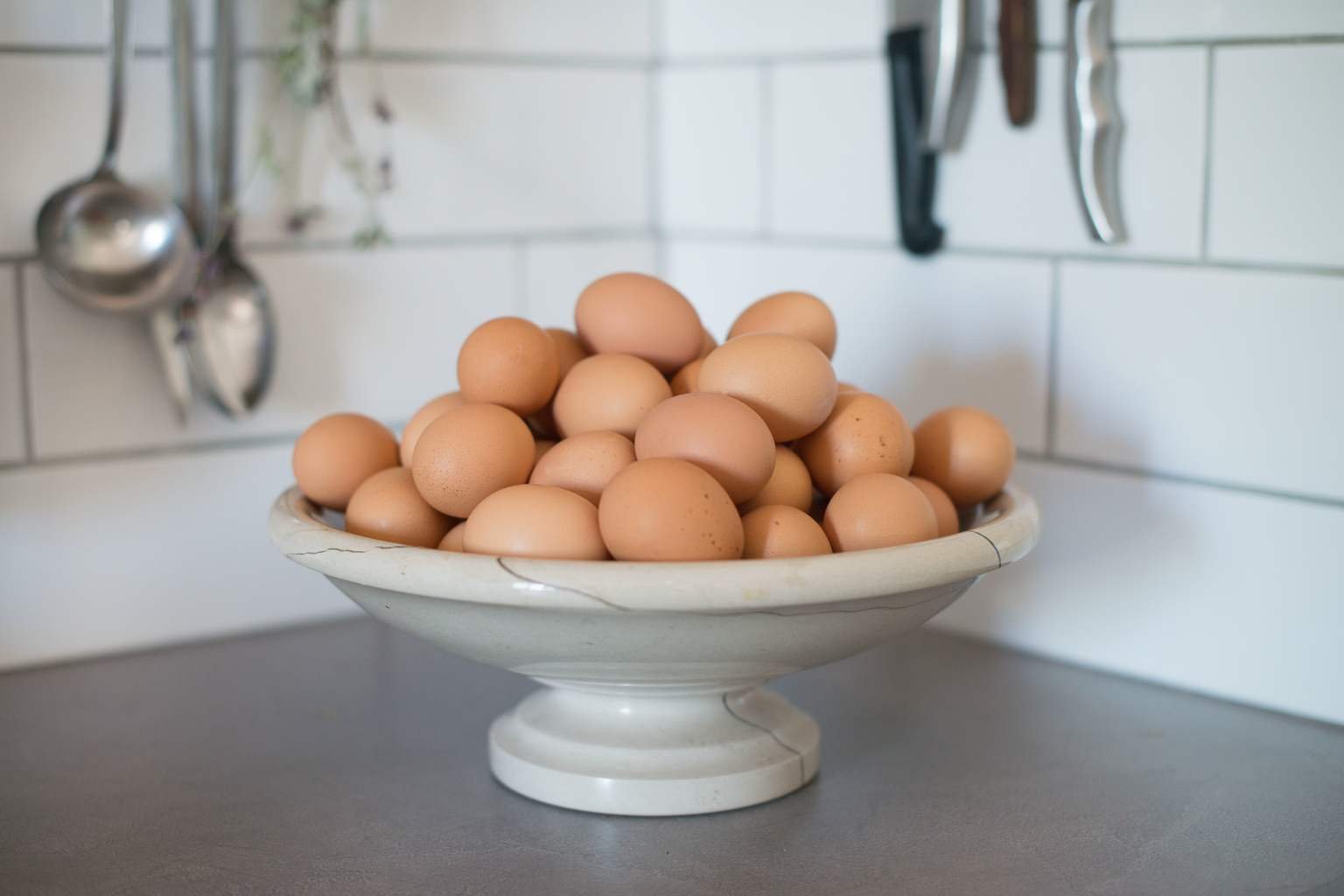Have you ever bitten into a fruit or cracked open an egg, only to find it off or flavorless? It’s frustrating when food doesn’t last as long as we hope, especially after bringing it home fresh from the store. Much of that comes down to where—and how—we store our groceries, and it’s not always intuitive.
Experts like culinary writer Kimberly Holland remind us that some foods do better in the fridge, while others thrive on the kitchen counter or in the pantry. Getting it right can keep your produce, eggs, and more fresh and tasty far beyond what you might expect.
Why storing eggs on the refrigerator door shortens their lifespan
Say goodbye to flies this summer with this simple homemade trick
One of the most common mistakes in food storage is placing eggs on the refrigerator door. While it may seem convenient, the constant temperature swings every time the door opens and closes can significantly reduce the eggs’ freshness and durability. Instead, eggs and other dairy products should be stored in the coldest part of the fridge, usually on a middle or lower shelf, where the temperature is more consistent.
This little change can make a huge difference. I once stored eggs on the door out of habit, only to find they spoiled much faster than expected. After switching to the fridge’s main shelves, I noticed they stayed good for weeks longer, saving me money and waste.
How to keep potatoes, garlic, and onions fresh longer
What helping a server clear the table reveals about your personality, according to psychology
Have you ever pulled out a bag of potatoes from the fridge, only to find them shriveled or sticky? That happens because cold temperatures cause potatoes to lose moisture and convert their starch into sugar, altering their taste and texture. The best place for potatoes is a pantry or cabinet with room temperature and good airflow. If you have refrigerated them, allow them to warm to room temperature before cooking.
Garlic, especially if bought in bulk, benefits from freezing. You can freeze whole bulbs or peeled cloves wrapped in foil or sealed in a container, making it easier to chop or mince later. Alternatively, keep garlic in a dry, dark pantry similar to potatoes.
Onions deserve special attention because their strong aroma comes from sulfur compounds that easily transfer to other foods. Store whole onions in a cool, dry, and dark place outside the fridge. After cutting, wrap the onion tightly in cling film and refrigerate. Whole onions can last up to 30 days if stored this way.
The secret to preserving fresh herbs, tomatoes, and cucumbers
The perfect age to give your child a smartphone isn’t 12 or 15—experts reveal what really matters
Fresh herbs can be tricky to store. Kimberly Holland suggests wrapping herb stems in a damp paper towel, placing them in a resealable plastic bag, and refrigerating. Refresh the damp towel every couple of days to maintain crispness. However, basil is an exception—it hates the cold. Keep basil at room temperature in a cup of water, like a bouquet, to avoid wilting.
Tomatoes don’t belong in the fridge initially because cold robs them of texture and flavor. Store tomatoes at room temperature until they fully ripen. Once ripe, refrigerate them but only for up to two days to prevent them from becoming too mushy.
Many people keep cucumbers chilled, but the cold actually accelerates their spoilage. The best spot is a dry kitchen counter away from ethylene-producing fruits like bananas, melons, or tomatoes that speed up ripening and decay.
Taking the time to learn and apply these food-storage tips can make a big difference in how long your groceries stay fresh and delicious. Have you tried changing where you keep your eggs or potatoes? What was the biggest surprise you discovered? Share your thoughts and tips below—we’d love to hear your experience.
